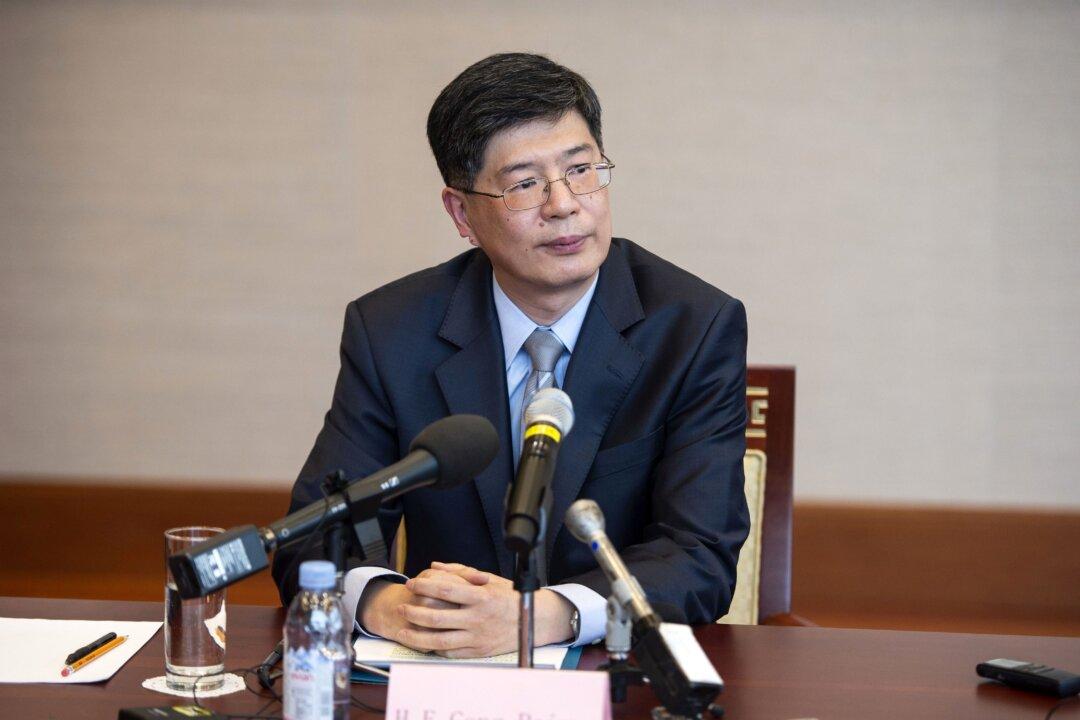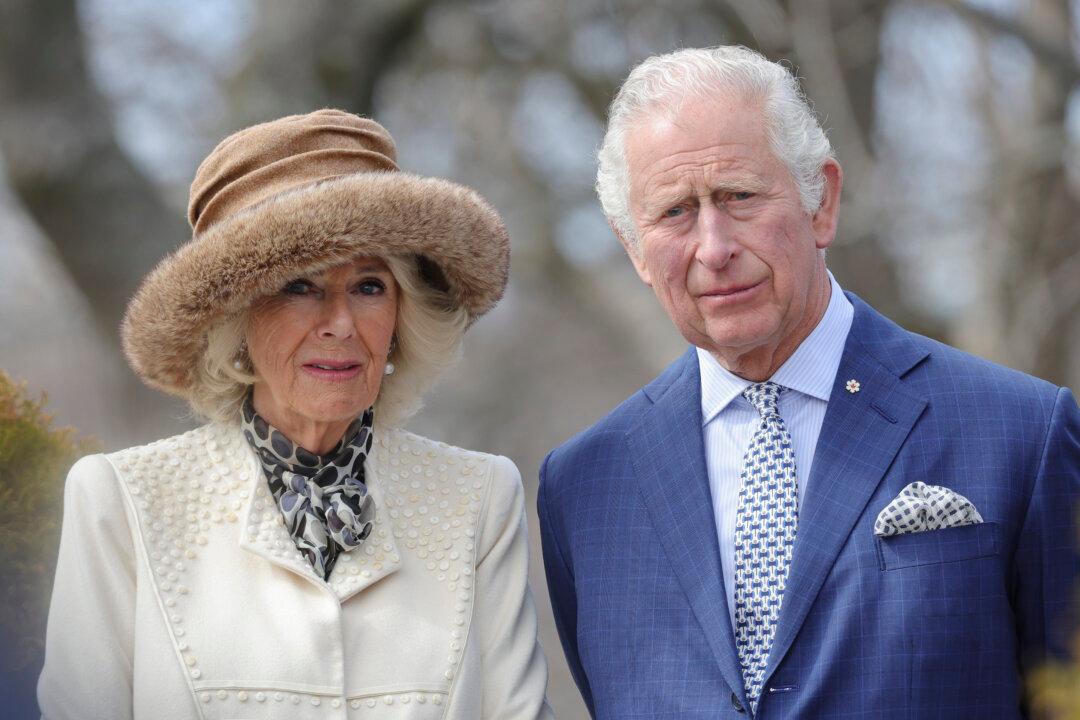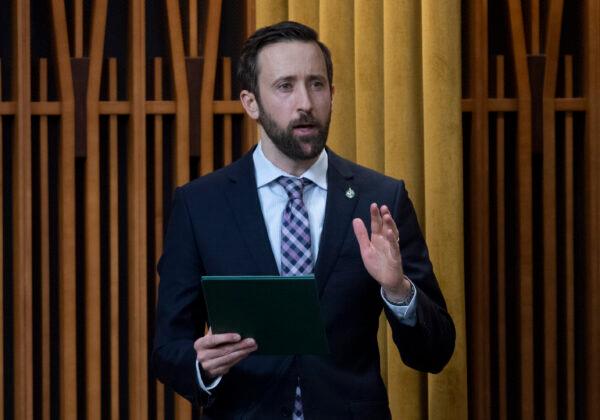Commentary
In 2012, Stephen Harper’s Conservative government closed the Iranian embassy and sent its diplomats home. The decision came about due to the government realizing the hopelessness of pursuing any sort of productive relationship with the regime in Tehran. Calling Iran the “most significant threat to world peace,” the government cited the regime’s support for terrorism, its support for the Assad regime in Syria, its horrific antisemitism and threats against Israel, and its dishonesty regarding the pursuit of its nuclear program.





